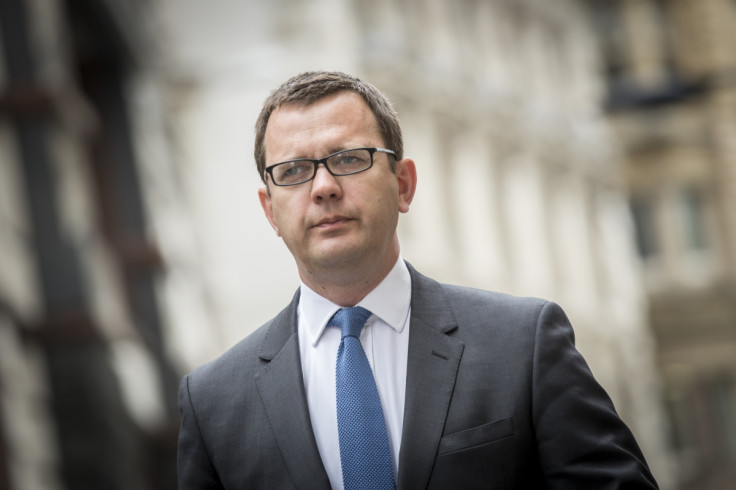UK Hacking Scandal: Cameron Under Fire From Labour Over Coulson Security Vetting

Labour has stepped up the pressure on prime minister David Cameron to explain why convicted hacker Andy Coulson was not subjected to top-level vetting before he was appointed as his chief spin doctor.
Shadow ministers have also called on him to make a full Commons statement to answer remaining questions over the affair including whether any civil servant had warned him or his office against the appointment, a question Cameron has so far ducked.
The latest moves came in the Commons when a Labour backbencher who specialises in security issues, Steve McCabe, demanded to know why Coulson had not been subjected to the usual vetting procedures.
"Don't the public have the right to know just how widespread this despicable practice is in government," he said.
Commons leader Andrew Lansley avoided the substantive point, pointing out Coulson had been vetted, but had not been put through the higher level "developed vetting" system which many such staff in Downing Street have traditionally been subjected to.
McCabe has tabled a series of Commons questions directly to the prime minister asking how many people employed by him or by No10 since 2010 had not been subjected to full vetting, how many had access to national security council or other top secret meetings and if he received regular reports on the number of those vetted or not.
McCabe told IBTimesUK that he had raised the issue after discovering that Coulson had not been given the sort of vetting previous holders of similar posts had been subjected to.
"I was worried when listening to prime minister's questions, to discover that a person such as Coulson could have unsupervised access to highly sensitive material without security vetting and that civil servants could choose to conceal that from the PM," he said.
Meanwhile, shadow Commons leader Angela Eagle pressed the government to adopt a "uniformity of vetting" procedures and demanded the prime minister came to the Commons to make a statement on whether had been given any warning from any civil servants against employing Coulson.
Cameron previously claimed the issue had been dealt with by the Leveson inquiry, which it was not, and Labour believe either the Cabinet Secretary or other senior civil servants alerted the prime minister to concerns about Coulson.
The prime minister is hoping the affair will rapidly run out of steam after this week's trial and his "full and frank" apology over the appointment.
But Labour believe there are still serious questions to answer over the way advice against employing Coulson was persistently ignored and they intend to keep up the pressure on the prime minister to make a further statement.
© Copyright IBTimes 2025. All rights reserved.






















